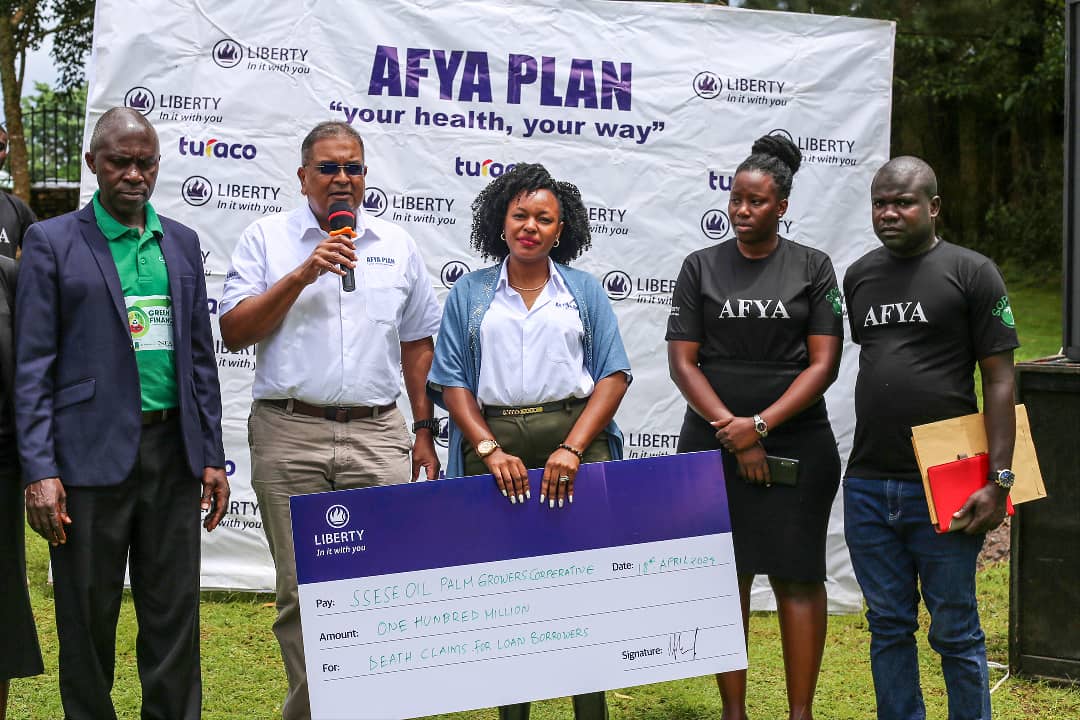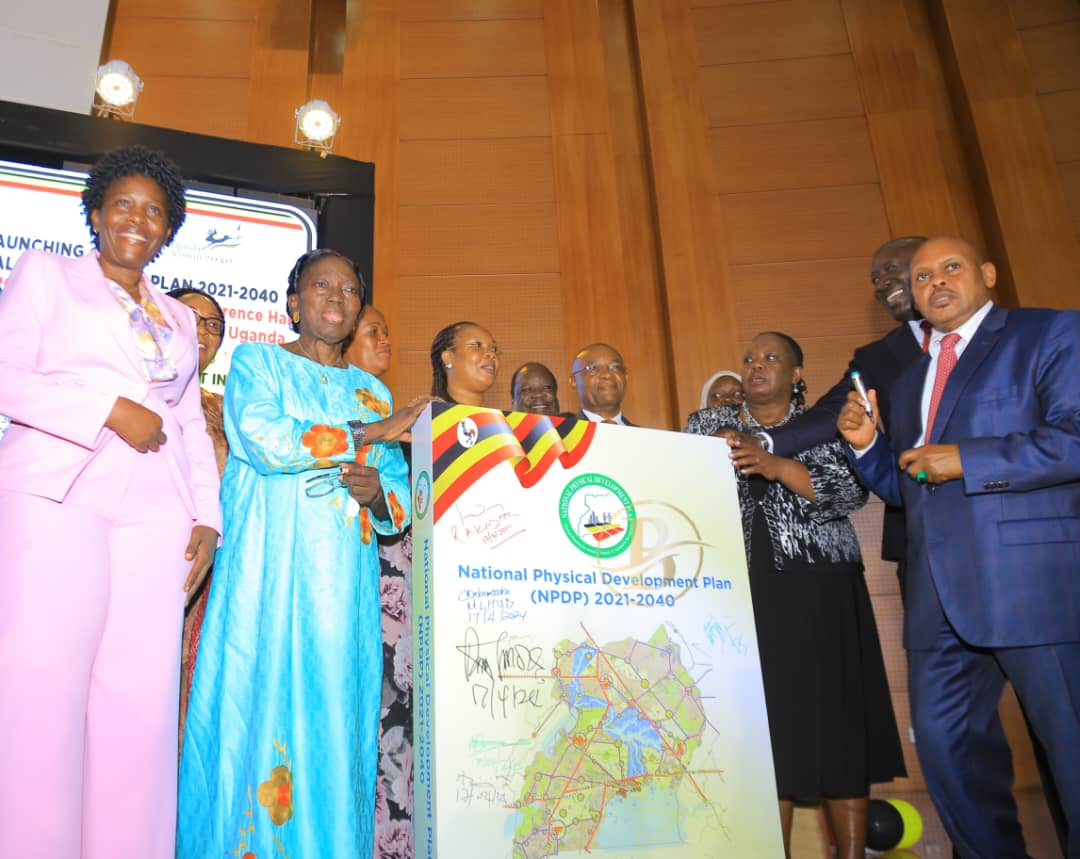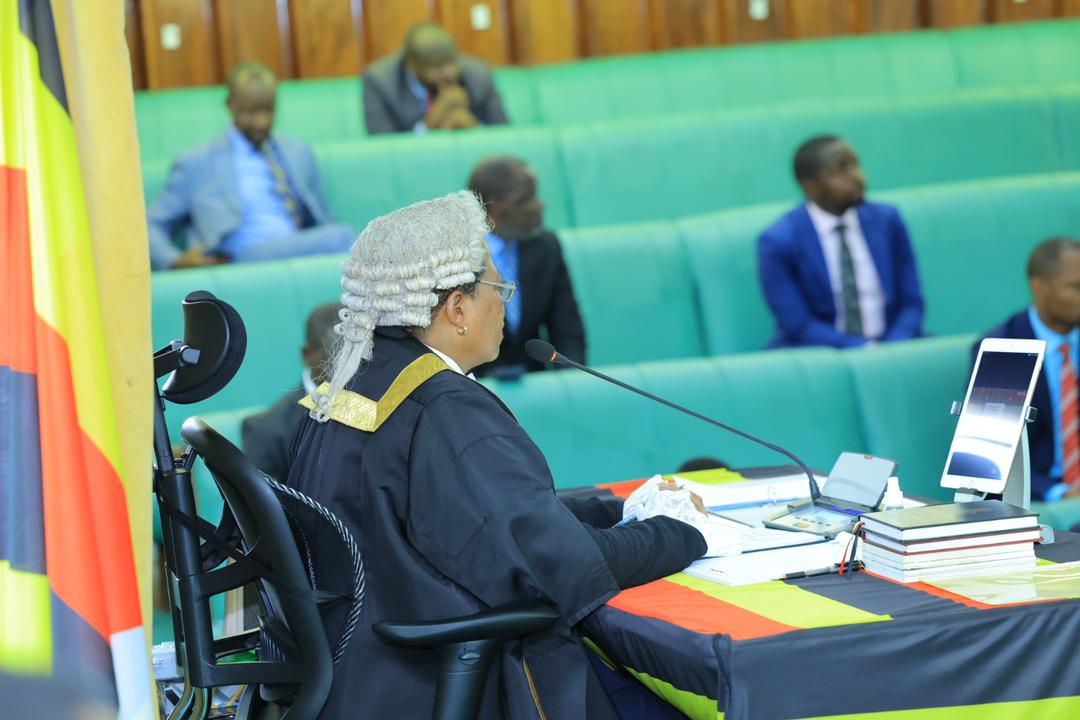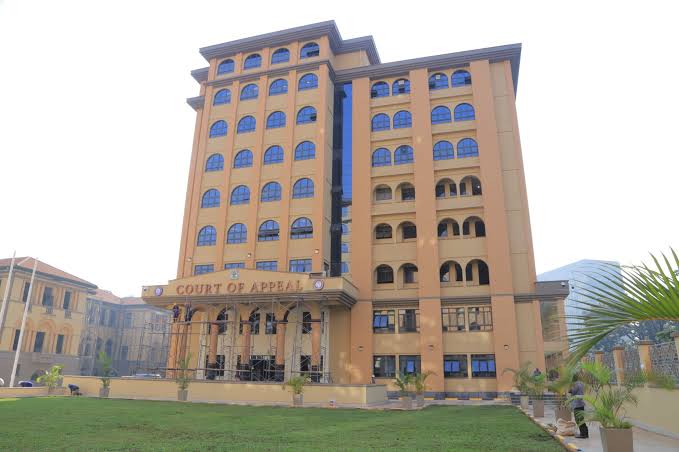New study to examine role of digitization in improving service delivery among gov’t institutions
Evidence and Methods Lab, a civic technology initiative working in the areas of access to information, accountability has launched a study aimed at digging more into the role played by the internet and digitization in improving public service delivery among government institutions.
“Access to internet has been growing in Uganda and today, so many people have smart phones with access to internet. With this study, we want to show there is an opportunity to improve service delivery and accountability using the internet. We want to show government can scale up the use of internet and digitization to improve services to the citizens,” said Michael Katagaya, the Lead at Evidence and Methods Lab.
Keep Reading
- > Rev Can Ateirweho lists priorities as he starts work as Bunyoro Kitara Bishop
- > Liberty pays shs100m in life insurance claim to Kalangala family
- > Uganda Charts Course for Sustainable Growth with National Development Plan
- > Speaker Among calls for guidelines to streamline transportation of school children
He said the two year project will identify the key stakeholders and what they are doing currently in terms of using internet for service provision, the challenges, loopholes and how this can be improved.
“We shall go to government institutions to see how they are using internet to provide services, the challenges they face, the loopholes and the ways we can improve this. We don’t see why some of the police services are not provided digitally . A person can just use the internet to lodge a case, follow up to see where investigations have reached but also be summoned to appear in court to testify using the internet. This way, even people who are very far from police stations and those who can’t afford transport can be served well but also do away with corruption,”Katagaya said.
Loopholes
He however noted that whereas government has good intentions in using internet to provide service delivery, some officials exploit loopholes for their own benefit to frustrate the use of internet.
“Some government officials deliberately frustrate digitization because the manual processes ensure they thrive on corruption. These know that the use of internet and digitization of services exposes their weakness in service delivery. For example if in the lands office processes are done via the internet, human interaction is done away with and the middlemen would be kicked out and hence losing out. The officials who benefit from this racket would therefore frustrate the system,”Katagaya said.
He noted that the study will help in gathering information about all these loopholes and how to deal with them to ensure efficient service delivery using the internet.
Speaking during the launch of the study, Edgar Kuhimbisa, a technical lead in charge of e-justice and digital transformation in the Ministry of Justice, the study would help inform government decision in regards the use of internet to improve service delivery.
He however noted that standardizing the data ecosystem is still missing but noted government is working on solving the issue.
“We are trying to make sure we capture once and use as many times. In the foreseeable future, we are going to eliminate the digital silos where everyone keeps the same kind of information. We will have an integrated government digital ecosystem that wherever you go, either to the bank , processing land title, processing driver’s licence or the passport, there is no need of you moving around with document because it is already captured and can reuse it for government e-services platform.,”Kuhimbisa said.

















